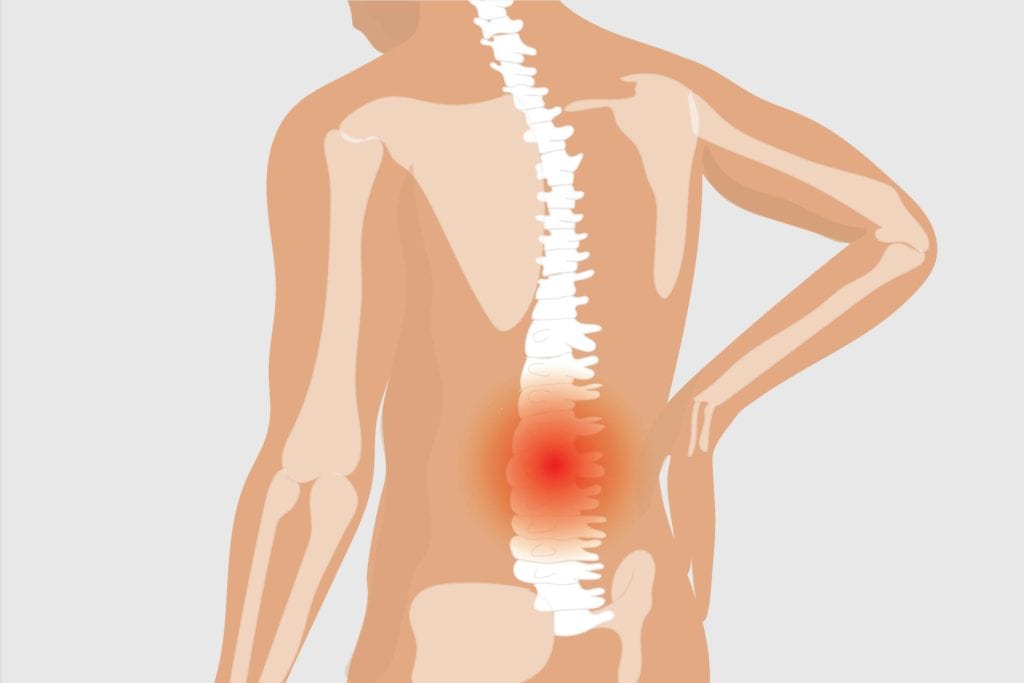

Here’s a study that will let those living with ankylosing spondylitis (AS) — an inflammatory arthritis that affects the spine (with pain prominently in the lower back), but can also strike in other large joints like the shoulders, hips, ribs, and heels — breathe a sigh of relief.
Canadian researchers set out to assess the risk of infection among AS patients who take both disease-modifying anti-rheumatic drugs (DMARDs like methotrexate) and/or tumor necrosis factor inhibitors (TNFi drugs like etanercept and adalimumab). They found “no clear evidence that the risk of hospitalized infection was linked to DMARD and/or anti-TNF drug use,” according to the study, published in the Scandinavian Journal of Rheumatology.
Using a group of 747 AS patients who started taking DMARDs and/or TNFi drugs for treatment between 2001 and 2011, researchers examined the patients’ hospital records for infection data and discharge diagnosis information. In two years of follow up, they found that only 57 participants were hospitalized for infections (a rate of 2.9 out of 100 people per year). And the type of treatment the patient was receiving (either a combination of DMARDs and TNF inhibitors, or either drug alone) had no impact on the infection rate either.
Why Infection Rates Are a Big Concern for Patients
Both DMARDs and TNFi treatments work to make the immune system less active (so it doesn’t attack the body’s joints). As a side effect, this can increase a patient’s risk of infection, including rare but serious ones such as tuberculosis and fungal infections. Over time there’s the possibility that these drugs may also increase the risk of certain types of cancer. This can make patients nervous to take the drugs to solve one problem, only to possibly develop another (and potentially worse) condition down the line.
What This Study Means for AS Patients
Potential medication side effects can be understandably nerve-wracking, but it’s important to remember that the consequences of living with untreated inflammatory arthritis can be devastating.
AS usually presents in adolescence and early adulthood, and the disease is progressive, which means it can lead to significant spinal deformities later in life if left untreated, says Jahangir “John” Asghar, MD, of the Cantor Spine Institute in Fort Lauderdale, Florida. Treating AS with DMARDs, which can actually help halt disease progression, will reduce the likelihood of experiencing an advanced case.
This research should help provide some peace of mind about a side effect you might hear about for those who have AS and are discussing a treatment plan of DMARDs and/or TNF inhibitors with their doctor.





